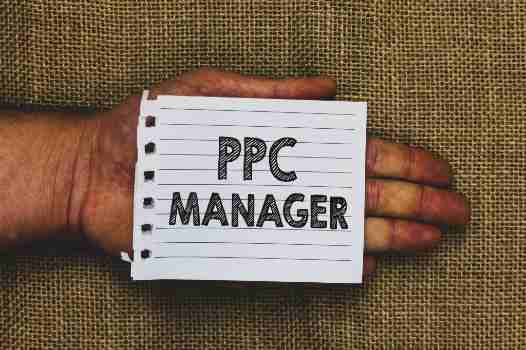End of the Road for Third-Party Cookies – What Does It Mean for Advertisers

Third-party cookies are cookies created by websites other than the one you are visiting directly. They are basically variables or values placed in your browser by a website server.
From a digital advertising perspective, third-party cookies are mainly used for ad-serving, cross-site tracking, behavioral profiling and retargeting.
However, growing customer awareness about online privacy has resulted in more and more third-party cookies being blocked and deleted either manually or by default.
In fact, Firefox’s Enhanced Tracking Protection (ETP) and Apple’s Intelligent Tracking Prevention (ITP) have already started blocking third-party cookies by default. Google too will join the third-party cookie blocking bandwagon. The technology giant plans to phase them out within two years.
What Is Google’s Plan to Replace Trackers?

In place of these third-party cookies, a new set of open standards will be formulated by Google. They will have the same functionality as cookies currently do, but will be less invasive and annoying.
These new technical solutions will allow advertisers to target certain demographics and provide some level of anonymous tracking at the browser level. However, they will not be able to keep track of personally identifiable information. Interest-based targeting will also be possible at a future date.
While the first origin trials for phasing out third-party cookies will start by the end of this year, Chrome has already started curbing unprotected cross-site tracking in February this year.
This will give the users more precise control over their browser cookies and make third-party cookies more safe and secure.
At the same time, Google is also working on developing anti-fingerprinting measures that will be capable of detecting and eliminating deceptive tracking methods.
What Does This Mean for Publishers And Advertisers?

Advertisers and publishers around the world are concerned that changes in the existing third-party cookie structure will ultimately result in drops in ad revenue.
According to StatCounter, Chrome has controlled over 69% of the browser market on desktop and 40% on mobile.
Given its monopolistic dominance over the browser market, Chrome’s decision to remove third-party cookies will surely affect all facets of the ad industry.
Google, however, has promised that the new mechanisms which will replace third-party cookies will address the concerns of users, publishers, and advertisers alike and balance the interests of all three parties.
Also, unlike Safari and Firefox, Google will take a more methodical approach in removing third-party cookies. It will allow a transition period of two years to ad tech companies to come up with alternative tracking techniques.
Who Will Be Affected By These Changes?
Marketers using the Google Marketing Platform to run targeted ads that are delivered on sites not owned by Google will be affected.
The use of Google Analytics to track user behavior on websites might also be affected. However, ads being run on YouTube videos or through Google’s own search results will not be affected since they use first-party cookies.
Google’s in-house DoubleClick and Google Display Network businesses will also be affected since they too use third party cookies.
How Can Advertisers & Publishers Navigate Through This Transition?
1. First-party Data Strategy
Marketers will have to build their own first-party data strategy. First-party data is the information a brand collects directly from its customers or on its own website.
Remarketing pixels are a really good source for gathering first-party data since they record the visitor’s activities and behavior while they’re on your website.
An integrated customer relationship management (CRM) system is another reliable source for collecting first-party data.
2. Targeting & Optimization Strategy
The death of third-party cookies will also mean that marketers will no longer be able to do in-depth and detailed audience targeting.
Cross-channel marketing strategies will also have to be reconsidered since the current tactics will no longer work once third-party cookies become obsolete.
Contextual targeting will also become popular once again. Ads based on the content the user is looking for will be shown. This will encourage advertisers and publishers to produce and distribute relevant content.
Advertisers and publishers can also turn to people-based targeting, an advertising technique that targets real people through consensually given data like email or phone.
Final Thoughts
It’s too early to accurately predict how the death of third-party cookies will impact the digital marketing industry. The biggest impact, however, will be felt by programmatic advertising since it completely relies on third-party cookies to serve ads. Given that 41% of all digital media spends is made on programmatic media buying in India, this policy shift from Google will have a huge impact on digital media spends.